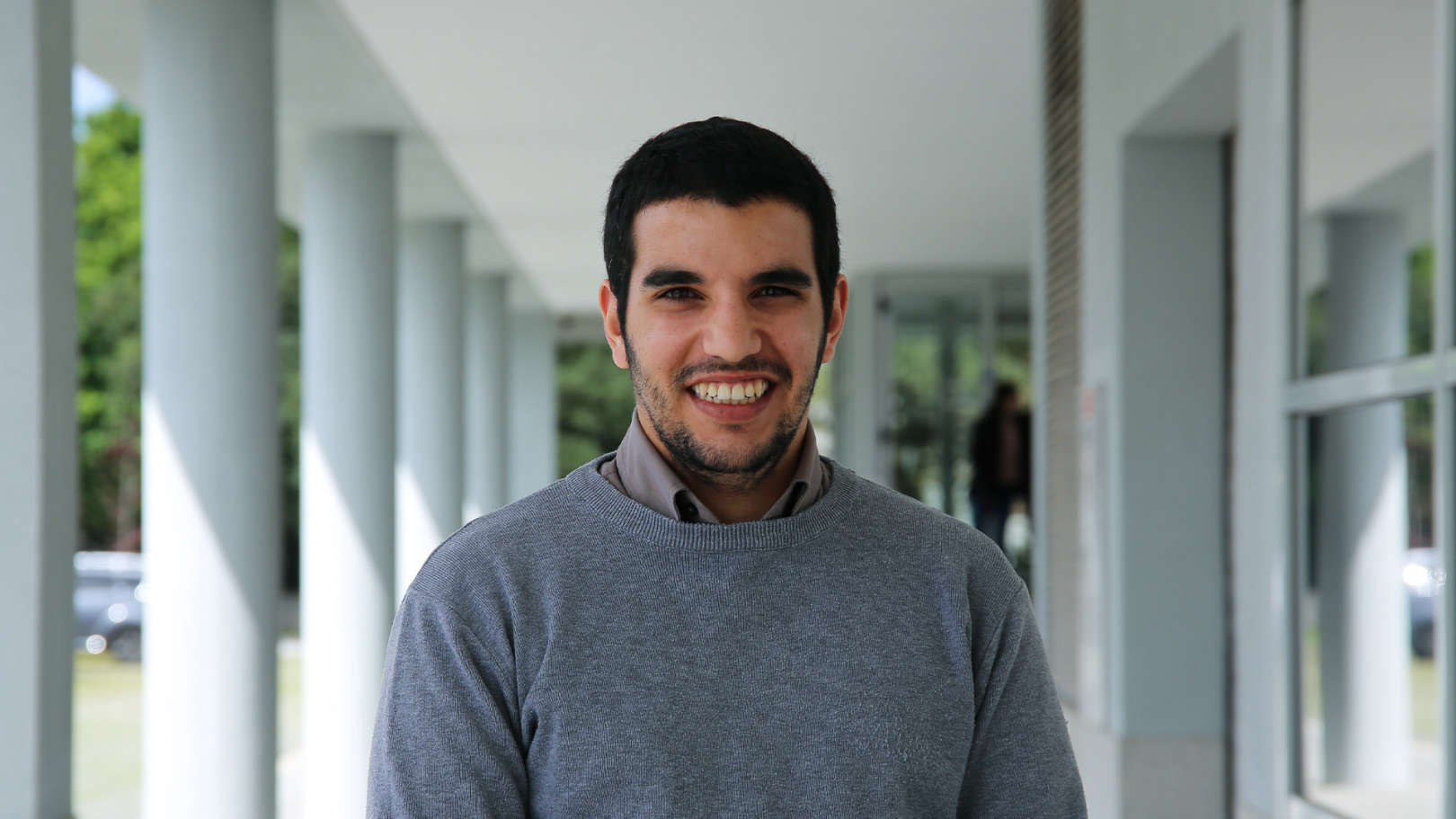About
Leandro Rodrigues (LR) received a BS (distinguished as best student in the year 2018/2019) and a MSc in Agricultural Engineering at Sciences Faculty - University of Porto (FCUP) and is now attending the 1st year of the PhD in Agrarian Sciences, at the same institution. Recently became Research Assistant at Institute for Systems and Computer Engineering, Technology and Science (INESC TEC), TEC4AGRO-FOOD, Centre for Robotics in Industry and Intelligent Systems (CRIIS), as a member of the multidisciplinary team of the Laboratory of Robotics and IoT for Smart Precision Agriculture and Forestry, where he will integrate several projects and develop research on Digital Twin (DT) and Digital Phenotyping (DP) to support better agricultural practices. LR's research interests include various topics in Agronomy and Agricultural Engineering mostly focused on Precision Agriculture (PA) and the implementation of Robotics, Artificial Intelligence and Computer Vision in an agricultural context for crop monitoring and phenotyping. Throughout his academic journey, held the role of Member of the FCUP Pedagogic Council and Member of the MSc Monitoring Commission. He participated in one INESC TEC project, aiding the development of a low-cost cartesian robot for phenotyping, the framework for his Master's Thesis entitled "PixelCropRobot, low-cost robotic prototype for phenotyping in vegetable crops" which was awarded a final grade of 19/20. LR was the co-author of 1 scientific publication published in IEEEXplore (listed in SCOPUS), presented in IRIA 2021. Among other outputs, it is worth mentioning a poster presented at the 13th Young Research Meeting of the University of Porto (IJUP). LR is a member of IAAS Porto Comitee (International Association of Students of Agriculture) since 2017. In 2018, LR organise the International Conference of Youth in Agriculture. From 2019 to 2021 held the role of Director, during that period, he entered the "24H Agriculture by Syngenta" competition and was part of the team responsible for organising the "II Journey of Agronomic Engineering FCUP" event. He also participated in the International Forum of Agricultural Robotics 2020 and attended the Sparkle Curse Entrepreneurship for Sustainable Precision Agriculture by Universitá degli Studi di Firenze and the International Summer School Agricultural Robotics organised by PhenoRob, which allowed him to enhance his knowledge in the Agriculture 4.0 field. He holds a Certificate of Pedagogical Skills (nº F694366/2020) and since 2019 he is a Student Member of the Order of Engineers (nº 86117).


